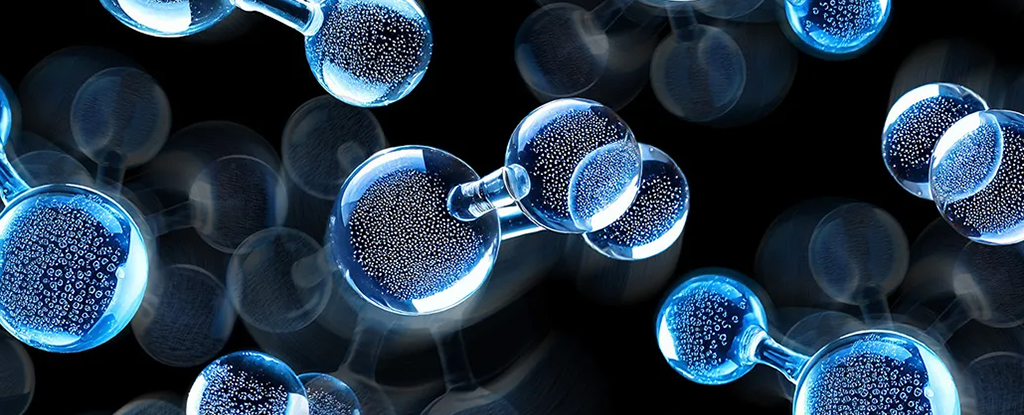ARTICLE AD
Scientists in China have demonstrated a new kind of antidepressant could also have the potential to restore the body's ability to fight some types of cancer.
In strategic combination with anti-tumor drugs, the oral antidepressant ansofaxine hydrochloride appears to inhibit colon cancer cell growth in cell cultures and in mice, strengthening the immune system and inducing a form of programmed cell death.
Yet to be tested on humans, it's unclear how the results will translate as an actual cancer treatment.
That said, researchers found that ansofaxine hydrochloride enhanced some cells in mice, called CD8+T, which are the most powerful effectors of the anticancer immune response. In addition, mice in the study showed an increased proportion of natural killer cells and macrophages in their spleen and tumor, ultimately inhibiting the growth of their cancer.
When researchers administered both ansofaxine and a cancer immunotherapy treatment to mice, the team was able to completely eliminate tumors from 20 percent of their sample, producing long-term immunity.
"Overall," the team concludes, "our work suggests that combined ansofaxine hydrochloride may be a promising approach to cancer treatment."
As an antidepressant, ansofaxine hydrochloride has passed phase III clinical trials with flying colors and is approved for the treatment of major depressive disorder in China. In the US, the oral drug is currently under review by officials at the Food and Drug Administration.
What sets the medication apart from other antidepressants is its three-pronged approach to tackling depression. Not only does the drug inhibit the re-uptake of serotonin, it also slows the re-uptake of norepinephrine and dopamine.
A similar antidepressant, fluoxetine, is also a serotonin re-uptake inhibitor, and in mouse studies, it, too, can be combined with anti-cancer drugs to somewhat control tumor growth by inducing cancer cell death.
Fluoxetine, however, is an older drug that is slow to act and can sometimes come with unpleasant side effects.
So far, ansofaxine appears to make up for those limitations, and yet its role in cancer immunotherapy is mostly unknown.
Evidence shows that depression and other forms of psychological stress are risk factors for promoting the growth of cancers, most likely by suppressing immune responses, but whether or not antidepressants can help combat that risk is harder to confirm.
Few studies have investigated the question in a rigorous way among human participants, and the results of these experiments are hard to draw conclusions from.
In 2022, the antidepressant drug sertraline (another seratonin re-uptake inhibitor) showed anti-cancer potential against several lines of human cancer cells, including lung, colorectal, breast, hepatocellular, leukemia, brain, skin, oral, ovarian, and prostate.
What's more, in 2021, an older type of antidepressant called a monoamine oxidase inhibitor was also found to boost a mouse's immune response to cancer.
Importantly, the antidepressants do not seem to work in fighting cancer on their own. They need to be combined with anti-cancer drugs that stop tumors from hiding from the body's immune system.
Once the immune system can identify the cancerous tissue, the use of antidepressants seems to produce more molecules that are toxic to cancer cells.
This line of research is still in its infancy, but initial studies suggest that antidepressants can somehow boost anti-cancer drugs by influencing the metabolic pathways of cancer cells, although other studies tentatively suggest that the use of antidepressants can actually cause cancer.
Until more research is done, little can be said or done in clinical practice.
The study was published in Frontiers in Pharmacology.

 1 year ago
75
1 year ago
75 

